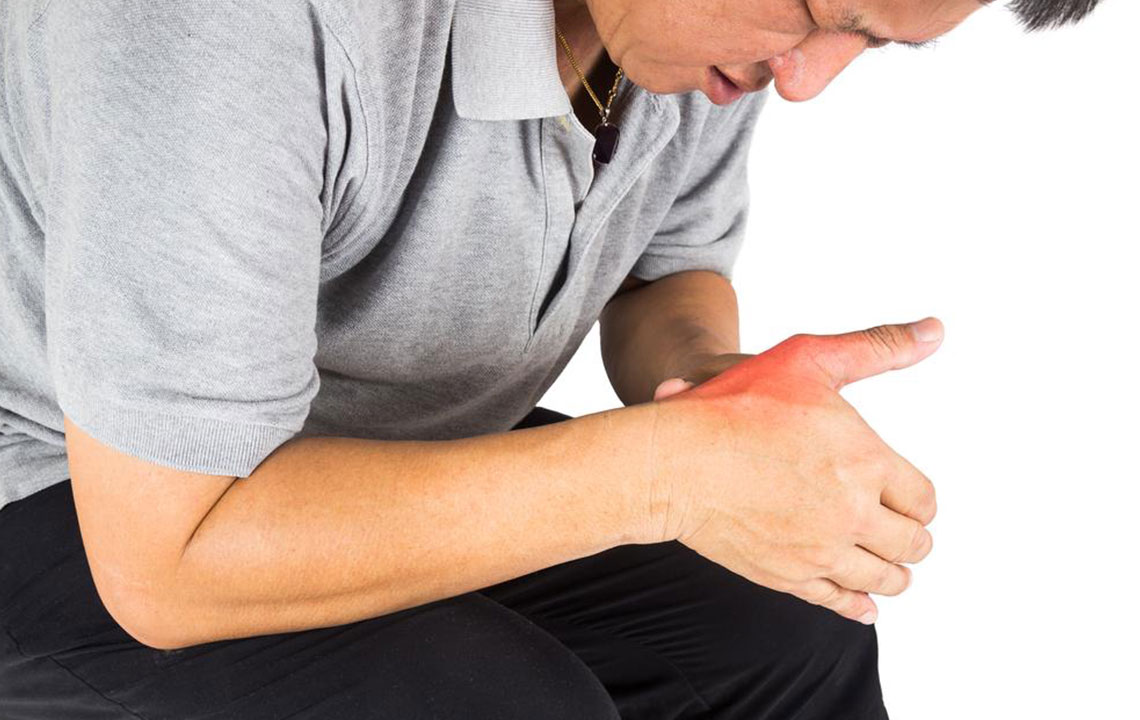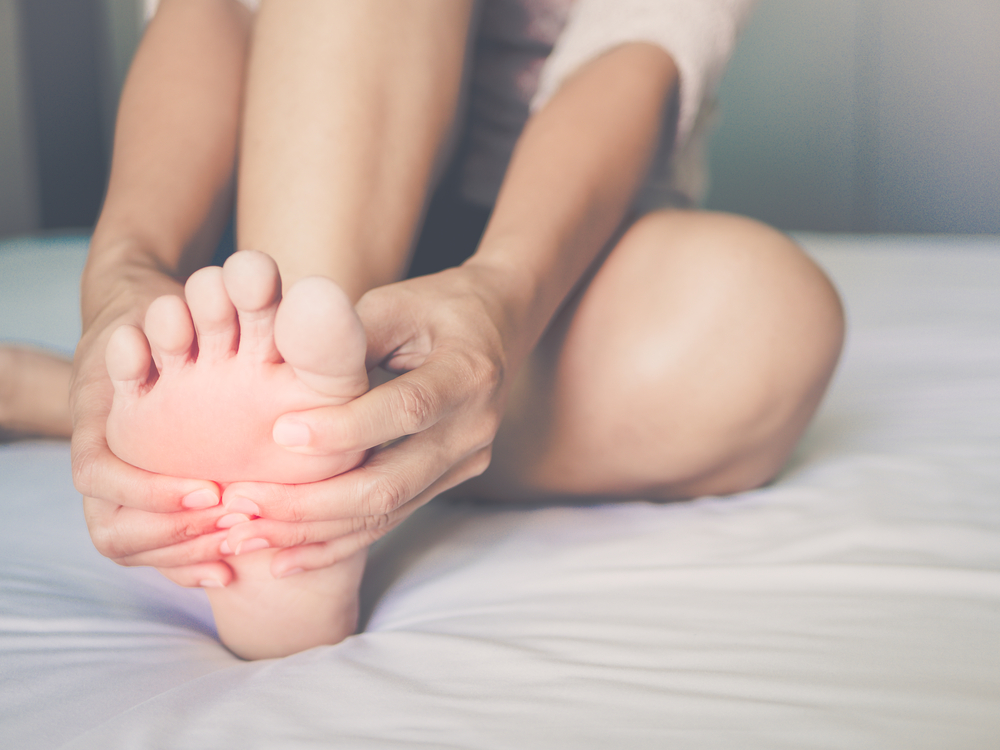Top Strategies to Manage and Treat Gout Effectively
Discover effective ways to manage and treat gout, including lifestyle changes, medications, and dietary tips. This guide helps control symptoms, reduce flare-ups, and improve quality of life for those affected. Learn how hydration, rest, and proper diet play a crucial role in managing gout effectively.
Sponsored

Individuals with high cholesterol and obesity are at increased risk for gout. Monitoring blood pressure and blood sugar levels is crucial to reduce the likelihood of developing this condition. Once a gout attack occurs, there is no permanent cure, but symptoms can be controlled. Elevated uric acid levels are a key factor in gout flare-ups. These attacks can cause intense joint pain, swelling, and tenderness, often worsened by even gentle contact. Uric acid buildup leads to crystal formation in the joints, triggering inflammation.
Gout attacks can strike unexpectedly, sometimes waking sufferers in the middle of the night with sharp pain. While traditionally associated with the feet, gout now commonly affects knees and fingers, impacting both men and women. Postmenopausal women are more susceptible. Excess fat, cholesterol, and uric acid levels are primary contributors in men. Uric crystals form when uric acid concentration rises, leading to painful inflammation.
Factors like alcohol, certain foods, stress, and specific medications can elevate uric acid levels, increasing gout risk. Early symptoms include tingling, burning sensations, and joint stiffness before the full attack manifests. Effective management strategies help prevent recurrences and reduce pain. The following treatments have proven beneficial:
Rest and joint care
Adequate rest is vital to allow the joint to recover. Avoiding pressure on affected joints helps prevent worsening symptoms and speeds healing. Rest aids the body in reducing uric acid levels.
Anti-inflammatory medications
NSAIDs like ibuprofen, naproxen, and others can reduce swelling and pain during an attack. Consult a healthcare provider for appropriate dosages and avoid self-medicating without guidance.
Hydration
Staying well-hydrated is essential. Drink plenty of water and natural fruit juices, but steer clear of processed or sugary drinks and alcohol, which can impede recovery and raise uric acid.
Steroid therapy
If NSAIDs are ineffective, doctors may prescribe corticosteroids to lessen inflammation and prevent future attacks. Always follow medical advice and maintain proper hydration and diet.
Dietary adjustments
Consume a balanced diet rich in vegetables. Limit high-purine foods like certain seafood and meats. Avoid alcohol, sugary beverages, and processed foods to decrease uric acid levels and prevent flare-ups.
Patience is key when managing gout. Symptom relief can take weeks, and ongoing treatment is vital for long-term control. If symptoms persist or worsen, seek immediate medical attention to distinguish between gout and joint infections. Proper diagnosis and tailored treatment plans ensure better management of this painful condition.






